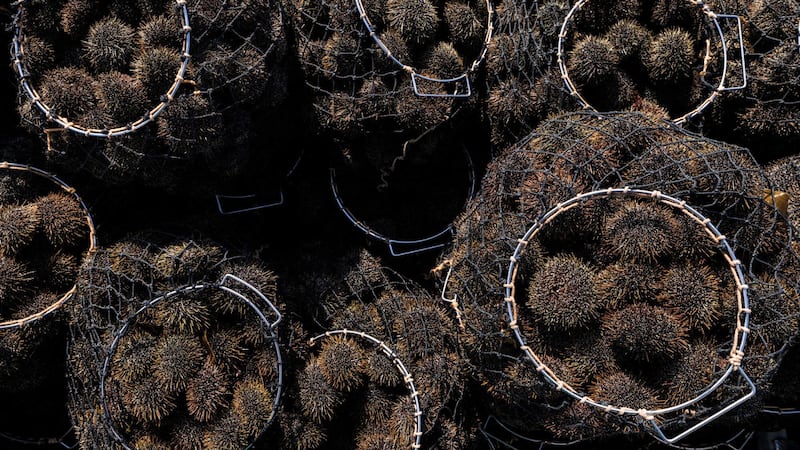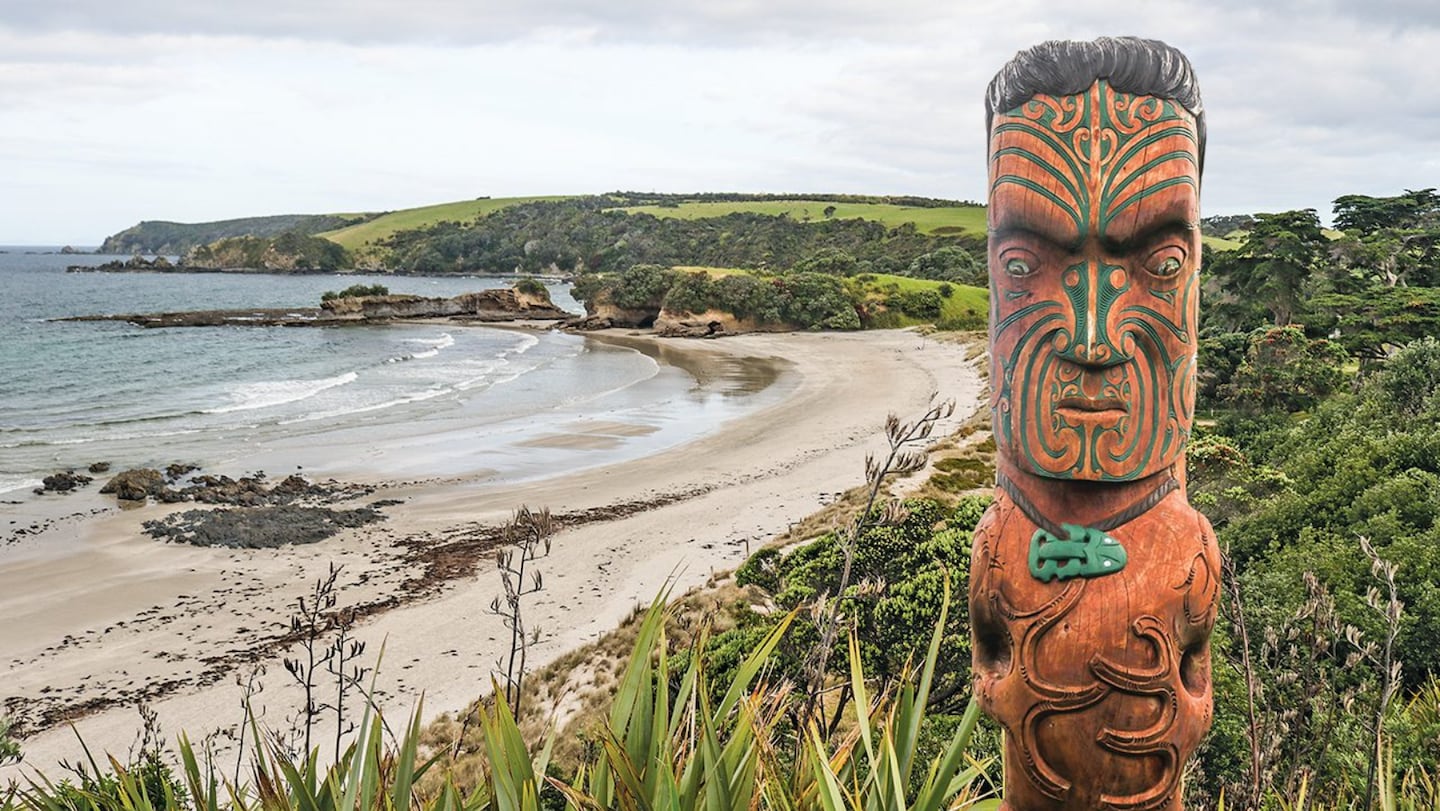The Ngāti Manuhiri Settlement Trust is happy about the government’s plan to deal with the kina barrens issue and wants more actions taken to prevent kina from taking over the seabed.
Ngāti Manuhiri Settlement Trust chief executive Nicola MacDonald says they need to protect what’s left of their sea life.
“We’ve seen firsthand the devastating impact of kina barrens and welcome the prioritisation of this work from the government.”
In our own rohe, which once had abundant stocks of kōura (crayfish), tāmure (snapper), and native seaweed, there are now vast expanses of kina that are barely surviving.”

A kina barren is where everything except for kina has disappeared because of too much fishing and kina multiplying quickly due to warmer sea temperatures.
Kina barrens can wreck entire coastlines and are easy to spot, mainly in the Coromandel and the Bay of Plenty.
“Kina is a taonga species that has only become a problem because of human interference in te taiao, and while the government’s proposal to increase bag limit sizes is one part of the solution, it does little to address activities such as overfishing, which has removed natural predators allowing kina to spread,” Mac Donald says.
Oceans and Fisheries Minister Shane Jones announced new fishing rules and a big science programme to deal with kina barrens.
“There has been tremendous interest from iwi, communities, and recreational fishers who had raised concerns about such kina infestations being a major threat to Northland’s marine biodiversity,
“I have instructed my officials to accelerate and prioritise this work to address these pressing concerns,” Jones says.

The trust believes the best solution is to study how to get rid of kina and stop it from spreading in the first place.
“Government cannot and should not do the work of local communities: We need the work underway to include a concentrated focus on devolution of resources toward locally led initiatives.”
The trust is also looking for ways to use kina from the barren areas that aren’t good for eating and will keep looking for more ideas.
“We’ve learned that when the government and local communities work together, we can really make a difference.”
“We know that the most successful environmental leadership comes when the government works in lockstep with communities, not in competition nor in absentia.”
The proposed changes put forward by Jones look to include a two-year fishing closure and ban on certain fishing methods in Tutukaka Harbour, Ngunguru Bay, Ngunguru River, Horahora River, and nearby places to help boost the population of rock lobster, which prey on kina.
Proposals for rule changes are being considered to make it easier for iwi and communities to remove kina from kina barren areas along with two new permit types being suggested to manage kina barren areas more effectively.
There’s also a plan to increase the recreational bag limit for kina, which will be discussed in public consultations in upcoming months as part of the efforts to manage kina barrens.


